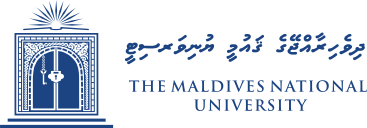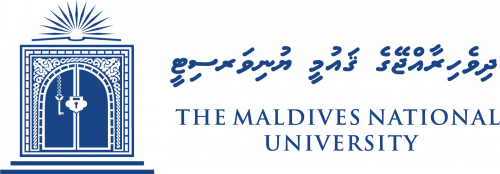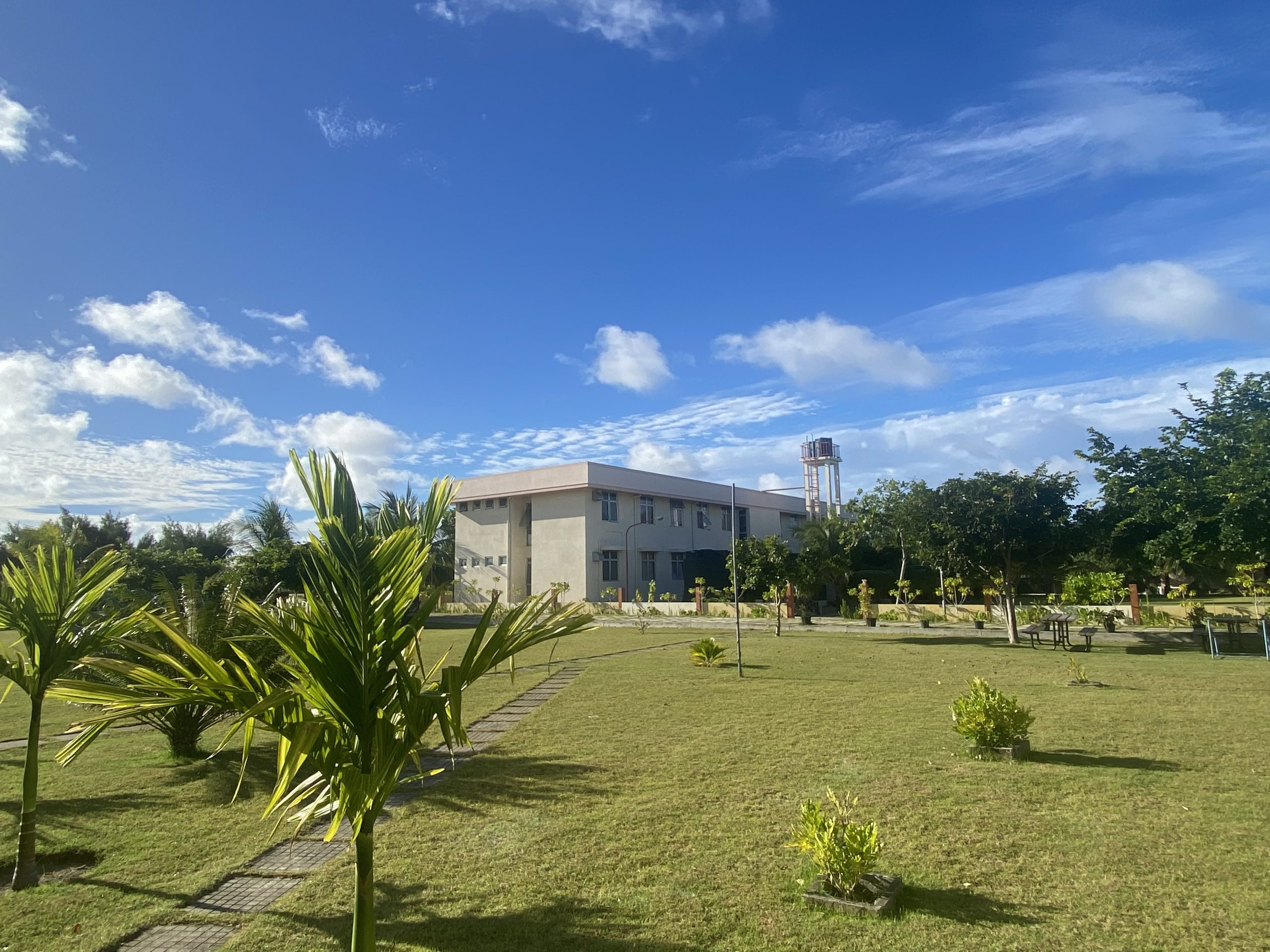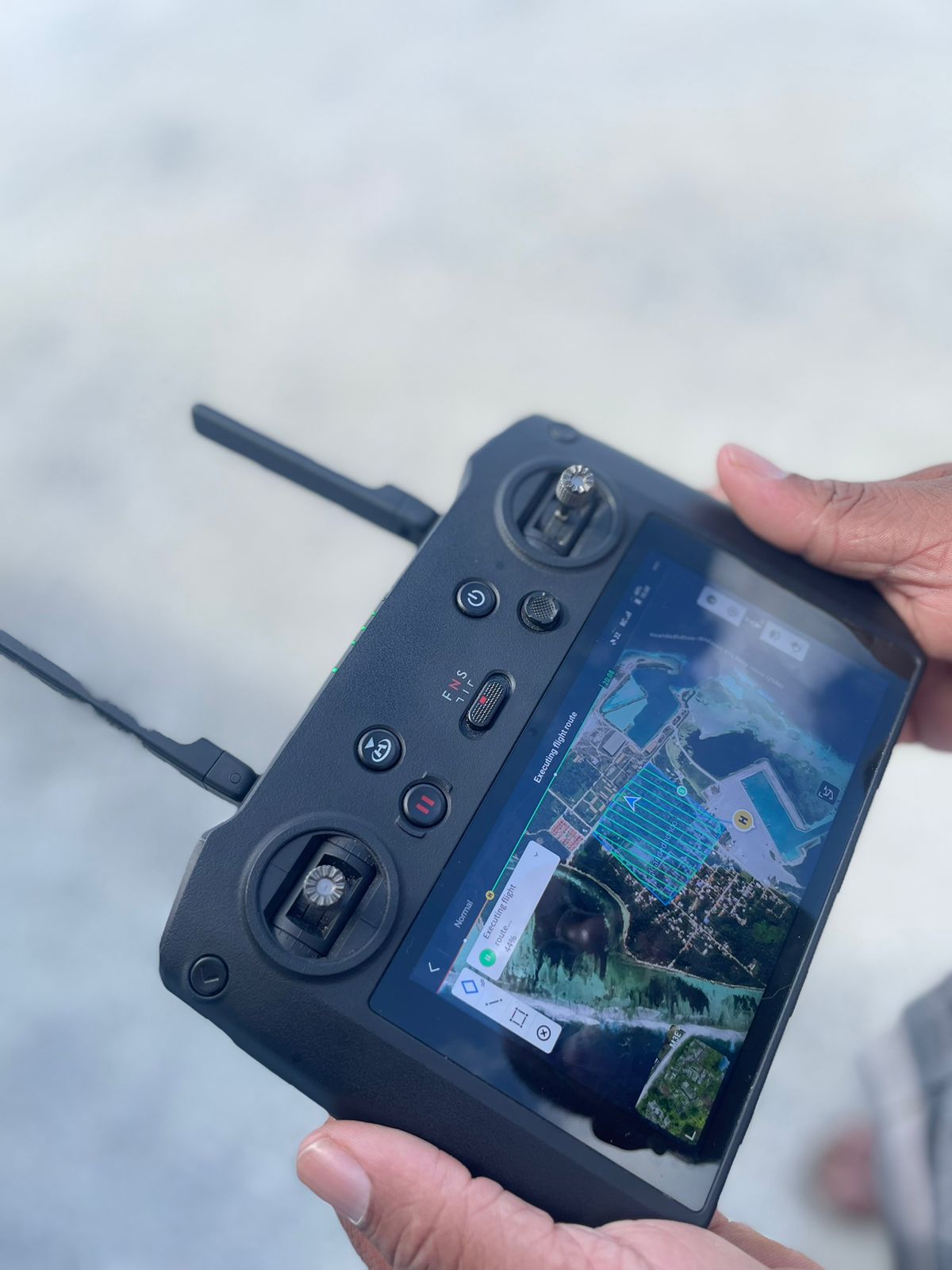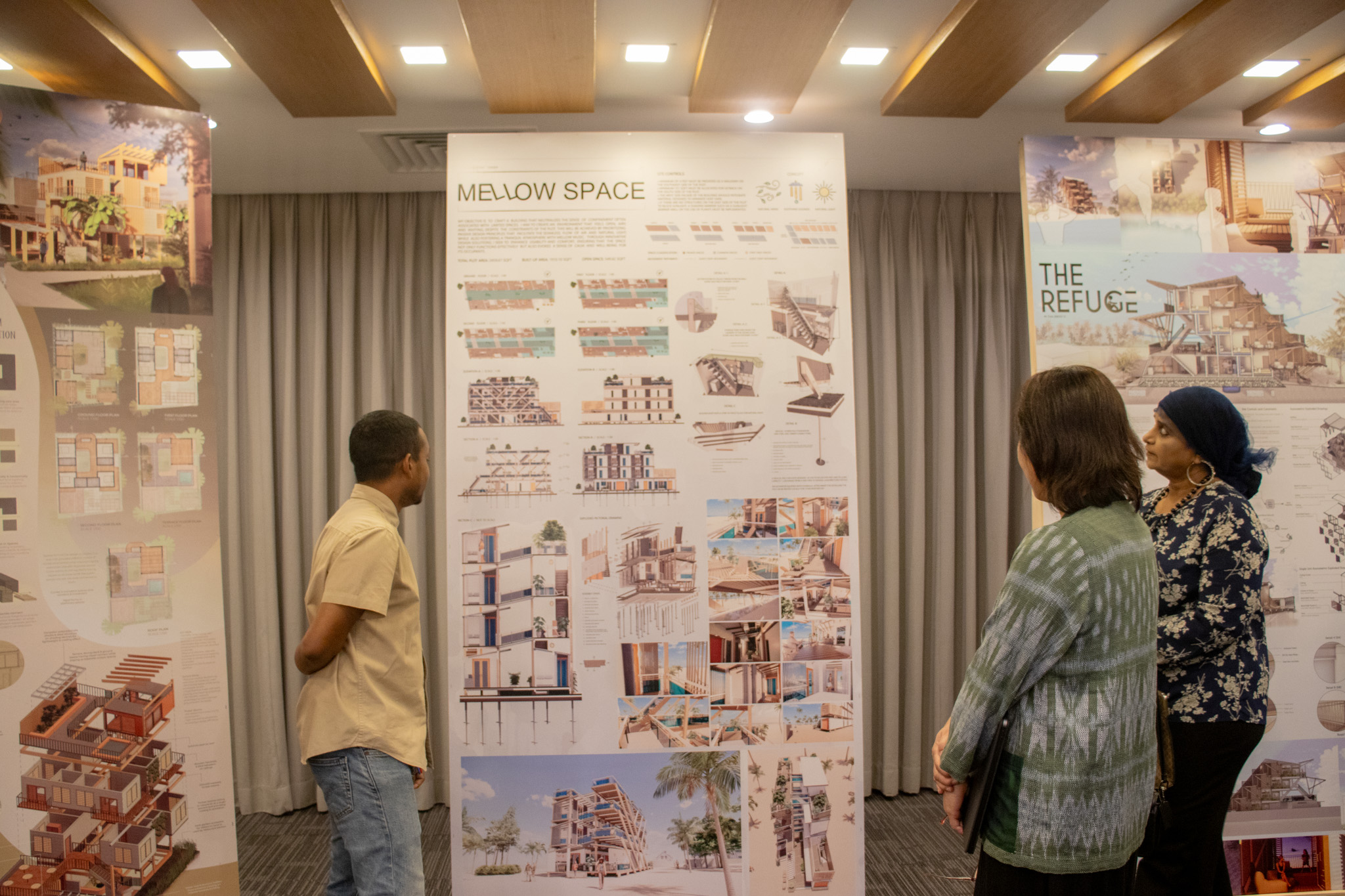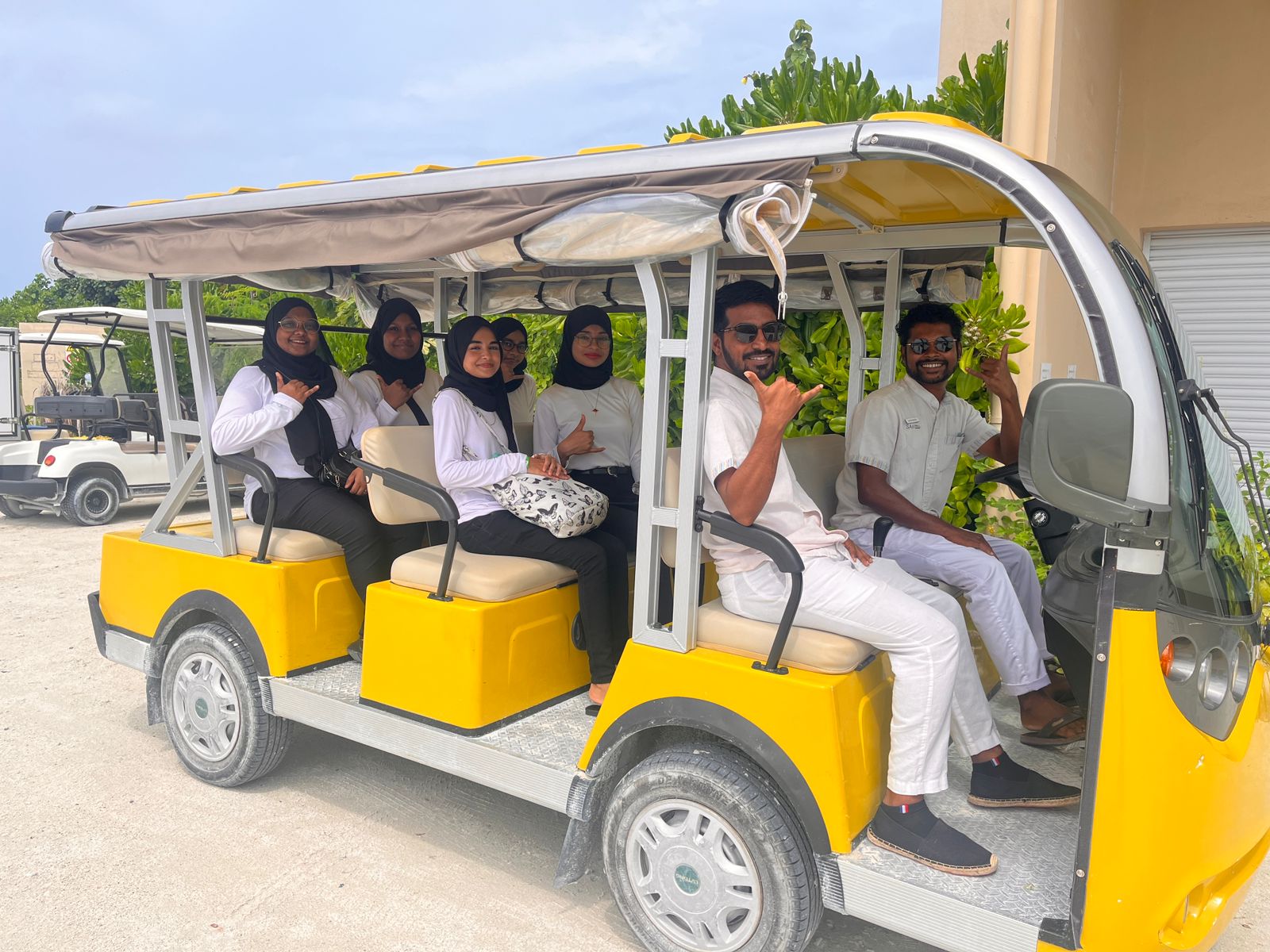Students from the Faculty of Hospitality and Tourism Studies participate in field trips to eco-resorts to enhance environmental awareness and promote sustainable community development through hospitality. The program aims to develop future hoteliers who are environmentally responsible, socially aware, and committed to sustainable practices. Through on-site observations, students see how eco-resorts apply sustainable methods such as waste management, water conservation, organic farming, and biodiversity protection. This practical exposure deepens their understanding of ecotourism principles and demonstrates how environmental stewardship can be integrated with guest experience and efficient resort operations.
These learning experiences are further supported by guest lectures from industry experts, who share insights on sustainable operations and emerging global trends. This academic–industry collaboration strengthens students’ ability to apply sustainable practices in their future careers.
Supported by MNU’s strong partnerships with multiple resorts, the visits serves as educational exposure that equips students with the knowledge and commitment needed to become future leaders in sustainable tourism.
